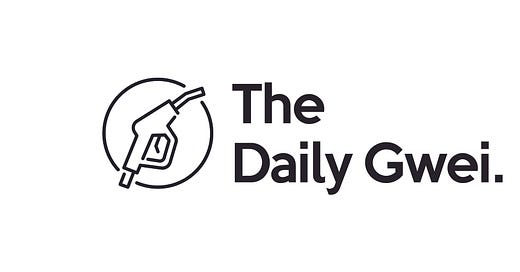There’s no denying that at this point Ethereum is a giant, global empire in its own right and generates more economic activity than many smaller nation states. Though the key difference with Ethereum is that no one rules this empire and everyone owns a piece of it in one way or another - and most importantly, the Ethereum empire is decentralized.
Ethereum has its own culture, its own laws/rules (built into the protocol), its own native currency, its own language, its own “military” (full nodes/miners/stakers) and so much more that make it a formidable empire in a world where many of the old ones are crumbling. Better yet, Ethereum is a digital-only empire - it has no central physical presence, only physical machines that are distributed throughout the world in such a way that Ethereum can remain truly decentralized. And the best part is that anyone, no matter where they are in the world, can run the software required to participate in the Ethereum global empire’s operation.
All it takes to become a “citizen” of the Ethereum empire is a wallet & some ETH and then you are free to browse all that Ethereum has to offer. As long as you’re following the rules of the protocol, nothing can stop you from trading whatever assets you want, taking out a loan, registering an ENS name, buying some NFTs and much more. The best part is that you can do this all while retaining full custody of your funds which makes an Ethereum wallet very similar to a physical wallet - a true form of “digital cash” but also so much more than that.
Some people get turned off by the term “empire” because it implies something monolithic and maybe even “evil”. I would push-back on this because there is a very clear distinction between a nation state empire and the Ethereum empire - that is the rather obvious fact that Ethereum is decentralized. Now, of course, Ethereum can still be “evil” and be co-opted by centralized entities if its defenses fail, but where Ethereum differs greatly from nation states is that it gets more decentralized over time while nation states tend to do the exact opposite. This is because nation states want to consolidate power whereas Ethereum inherently wants to distribute power to everyone.
I may be painting quite a rosy and utopian picture about Ethereum in this piece so I do want to note that Ethereum could definitely end up in a bad spot if the community somehow allowed it to. Luckily, the Ethereum community - its “layer 0” - is by far the strongest and most organic in all of crypto and it only gets stronger with time. Though an important question still remains: can Ethereum keep scaling its social layer while preserving its decentralization and not turning into the things that it set out to destroy? Only time will tell.
Have a great day everyone,
Anthony Sassano
Enjoyed today’s piece? I send out a fresh one every week day - be sure to subscribe to receive it in your inbox!
Join the Daily Gwei Ecosystem
All information presented above is for educational purposes only and should not be taken as investment advice.





